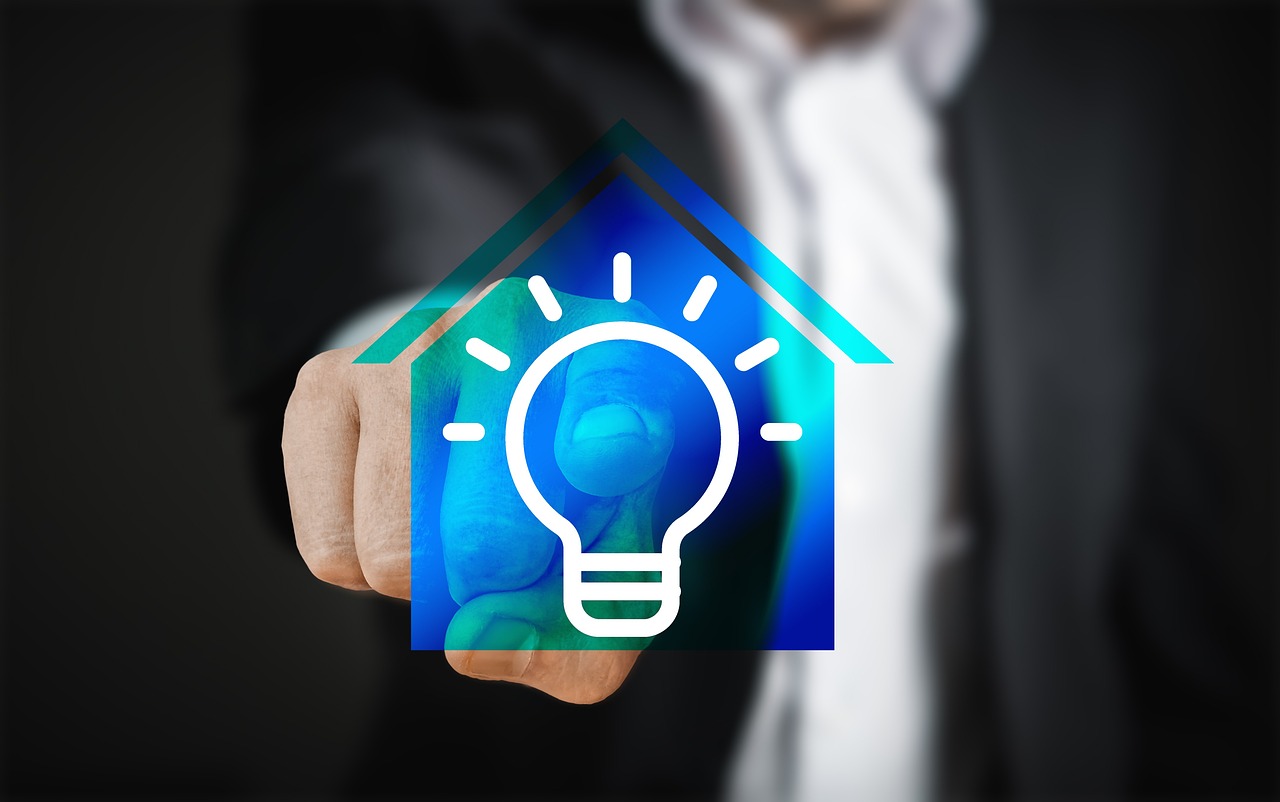
Are you tired of high energy bills and feeling guilty about your carbon footprint? Fortunately, there are many ways to reduce your energy consumption and live more sustainably, and one of the best ways is by using smart home technology. Smart home technology allows you to automate your home and control your energy usage from your smartphone or computer, making it easier than ever to live an eco-friendly lifestyle. In this article, we’ll explore the benefits of smart home technology for energy efficiency and how you can use it to save money and reduce your environmental impact.
As technology continues to advance, more and more people are turning to smart home technology for increased energy efficiency in their homes. Smart home technology is an excellent way to reduce your carbon footprint and lower your energy bills, all while enjoying the conveniences that come with a modern, connected home. In this article, we’ll explore some of the ways that smart home technology can help you save energy and live more sustainably.
Smart Thermostats
One of the most popular and effective smart home devices for energy efficiency is the smart thermostat. These devices use sensors and algorithms to learn your preferences and adjust your home’s temperature automatically, ensuring that you only use the energy you need. They can also be controlled remotely, so you can adjust the temperature from anywhere, at any time.
Smart Lighting
Another great way to save energy in your home is by using smart lighting. These systems use LED bulbs and sensors to automatically turn lights on and off, adjust brightness, and even change color. You can also control your lighting remotely, and set schedules so that lights turn off when you leave the house, for example.
Smart Plugs
Smart plugs are an easy and affordable way to turn your regular appliances into smart devices. They allow you to control the power to your devices remotely, and even set schedules so that they turn off when you’re not using them. This can help you save energy and money on your electricity bills, without having to buy expensive new appliances.
Smart Energy Monitors
Smart energy monitors are devices that track your energy usage and give you real-time data about how much energy you’re using, where it’s going, and how much it’s costing you. This information can help you identify areas where you can save energy, and make adjustments to your habits and devices to reduce your usage and costs.
Solar Panels
Finally, for those who are looking for a more permanent and long-term solution to their energy needs, solar panels are an excellent investment. These devices use the power of the sun to generate clean, renewable energy that can power your home and reduce your reliance on the grid. While they require a significant upfront investment, solar panels can pay for themselves over time, and help you live a more sustainable, energy-efficient lifestyle.
Conclusion
Smart home technology is an excellent way to reduce your energy usage and live more sustainably. From smart thermostats and lighting to energy monitors and solar panels, there are many options available to help you save energy and money. By making small changes and investing in smart technology, you can make a big difference in your home’s energy efficiency, and in the world around you.
Smart home technology is not just a fad or trend that will soon fade away. Instead, it is a rapidly growing market that is changing the way we live and consume energy. In addition to energy efficiency, smart home technology also offers a range of other benefits, such as improved home security, better comfort and convenience, and enhanced accessibility for people with disabilities.
One of the key advantages of smart home technology for energy efficiency is that it allows you to monitor and control your energy consumption in real-time, using data and analytics. By using smart devices like thermostats, lighting, plugs, and energy monitors, you can get a better understanding of how much energy you’re using and where, and adjust your usage accordingly. For example, you can set your thermostat to automatically adjust the temperature based on your schedule or preferences, or turn off appliances and lights when they’re not in use.
Another benefit of smart home technology is that it can help you reduce your energy bills over time. By using energy-efficient devices and practices, you can lower your energy consumption and save money on your utility bills. In fact, some smart home devices can pay for themselves in a matter of months or years, depending on your usage patterns and energy rates.
In addition to energy savings, smart home technology can also help you reduce your environmental impact and contribute to a more sustainable future. By using renewable energy sources like solar power or wind power, and integrating them with smart devices, you can generate and store your own energy and use it more efficiently. This can help reduce your reliance on fossil fuels and decrease your carbon footprint.
Finally, smart home technology can also enhance your overall quality of life, by providing greater comfort, convenience, and accessibility. For example, you can use smart lighting to create different moods and settings in your home, or set up voice-activated devices to control your appliances and entertainment systems. This can make your home more welcoming, entertaining, and relaxing, while also making it more accessible for people with disabilities or mobility issues.
In conclusion, smart home technology is a powerful tool for improving energy efficiency, sustainability, and quality of life. By leveraging the latest innovations in smart devices, data analytics, and renewable energy, you can create a more efficient, comfortable, and eco-friendly home. So, if you’re looking to save money, reduce your environmental impact, and enjoy all the benefits of modern living, consider investing in smart home technology today. Thank you for reading, and see you again in other interesting articles!


